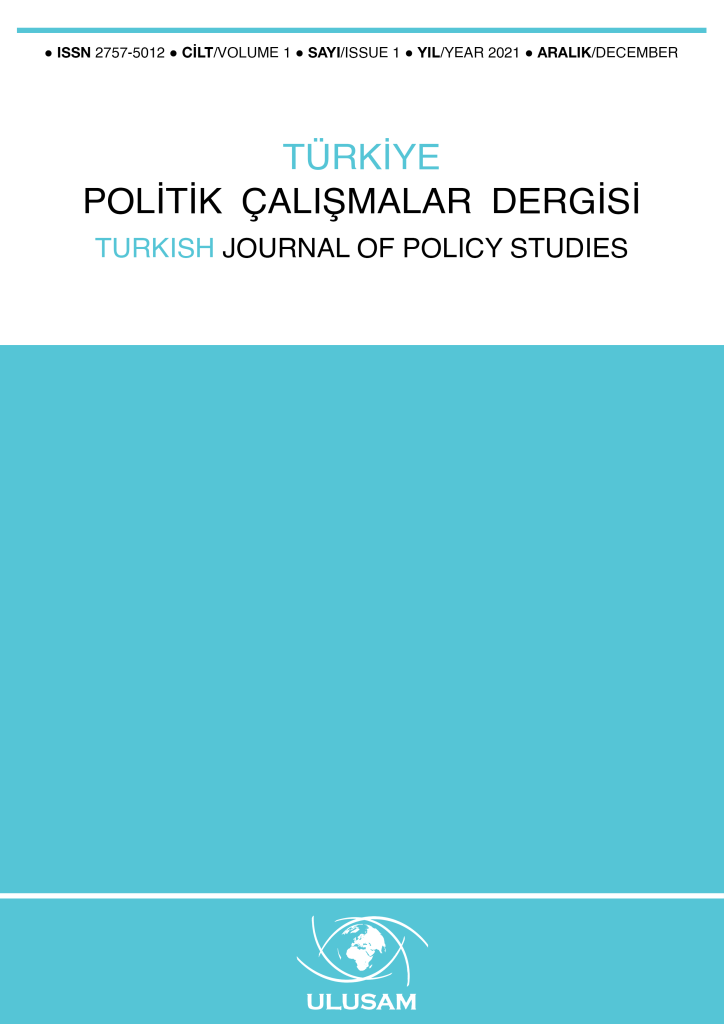
Türkiye Politik Çalışmalar Dergisi
Yazarlar: Hüsamettin İNAÇ, Jawid ASEFİ
Konular:-
Anahtar Kelimeler:Islam,Political Islam,Democracy,Government,Politics,State
Özet: Afghanistan is located in the heart of Asia with over 99% of the population Muslims, most of whom are conservative and religious. Islam had an influence on governance and politics in Afghanistan from the long past until the twentieth century and religion was an integral part of politics. From its establishment until the twentieth century, it was ruled by kings and Amanullah Khan is the first Afghan king who started moving toward modernism and democratic order in the 1920s. The role of religion in politics changed after Afghanistan’s independence from Britain gained by Amanullah Khan in 1919, and its reason was the reaction of some Mullahs and conservatives against Amanullah Khan’s modern and democratic reforms with the provocation of foreigners, especially Britain. The second democratic wave in Afghanistan has seen in the years of 1963-1973, but could not continue as a result of coups, interventions, and wars caused by Islamists and communists. Political Islam movements emerged in Egypt and the Indian subcontinent via establishing social and political groups by some individuals as a reaction to the abolition of the caliphate in 1924 by Mustafa Kamal Ataturk, the new world order, and Muslim backwardness in various fields. Muslim Brotherhood of Egypt and Jamiat-e Islami of Mawdudi, who are known as predecessors of Islamist movements influenced politics in Afghanistan after the 1960s. Hasan al-Banna’s moderate ideas spread in the 1960s through Afghanistan Muslim Youth Organization’s leaders who were educated in Al-Azhar and returned to the country with the influence of the Muslim Brotherhood’s ideas about Islam, government, society, etc. Jamaat-e Islami of Mawdudi which formed in the Indian subcontinent in 1941 is another Islamic movement that influenced Afghan Islamists and Mawdudi’s ideas about the Islamic government became a basis for Afghan Islamists. Sayed Qutb influenced Afghan Islamists, especially radical Islamists through his ideas expressed in his ”ignorance” theory, during the Afghan-Soviet battle in the 1980s. Afghanistan is a country with a long history of instability, and political Islam is one of the major players in the situation. This study aims to fill a gap in the literature area about political Islam and democracy in Afghanistan and their relation and influence on each other.